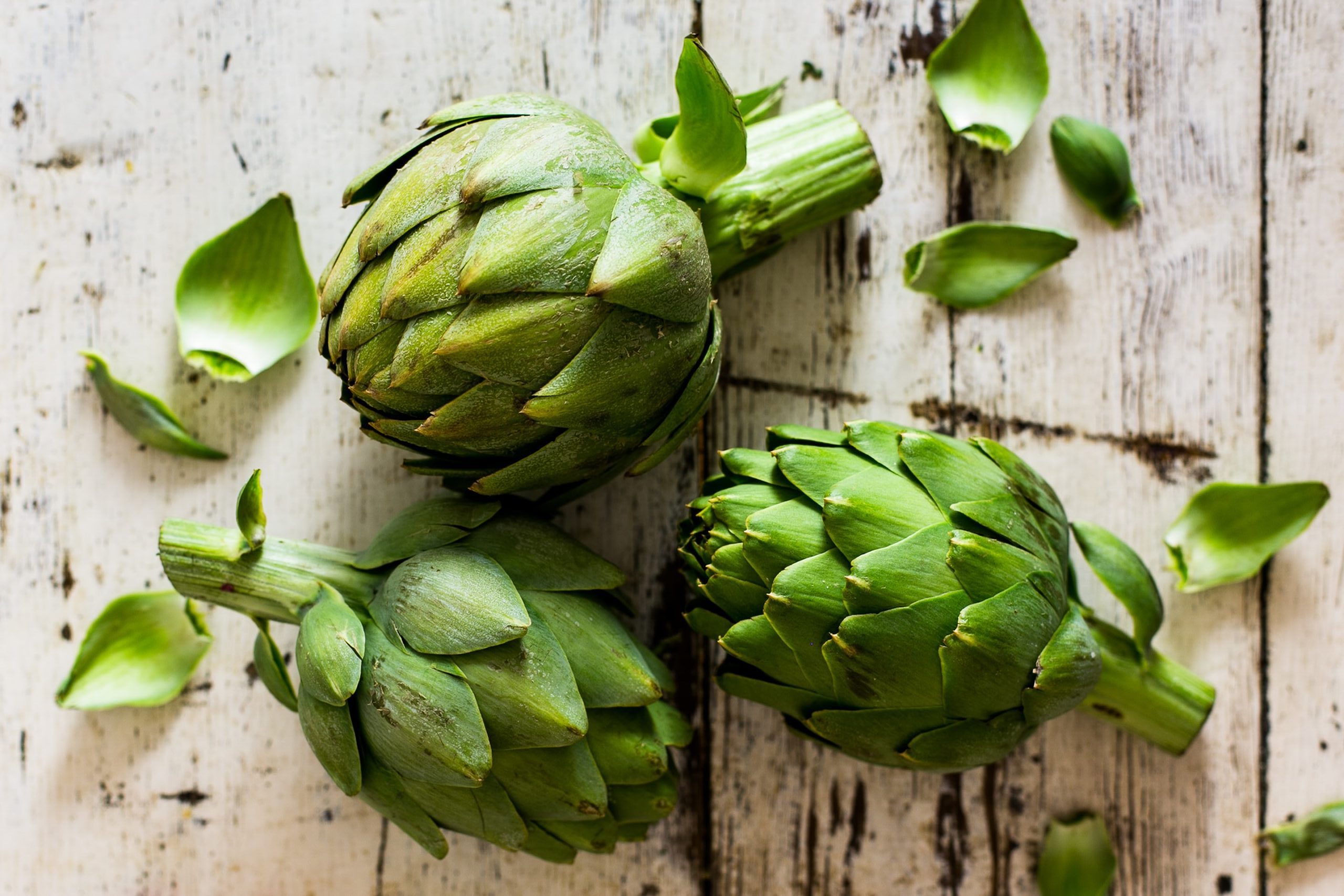Artichokes are not just good for making delectable dips, they are also good for your health. But how can something so tasty also be good for you?
This big, round and cabbage-looking food is not a vegetable. According to Good Housekeeping, it is “the bud of a thistle flower.” They are native to the Mediterranean and grown in areas from China to Argentina.
Artichokes are full of antioxidants and nutrients. One cup of artichokes is typically 90 calories, according to Healthline. It contains 10 grams of fiber to help your digestive system stay on track and five grams of protein, which is higher than your average plant-based food.
Artichokes also contain copper, magnesium, vitamin C, vitamin B6 and potassium, according to Healthline.
Artichokes may have the ability to regulate blood pressure. A 2021 study review “found that ingesting artichoke leaf extract every day for 12 weeks resulted in lower blood pressure for people with hypertension.” This may be due to their high potassium content.
This thistle can also improve digestive health because it is high in fiber, which “helps keep you full and regular,” according to Good Housekeeping. Additionally, artichokes contain inulin, a prebiotic that is “a type of fiber that beneficial probiotic bacteria feed on in your bowel.”
Inulin can also “help prevent gastrointestinal issues like constipation, enhance the absorption of minerals like calcium, and bolster your immune system,” according to Women’s Health.
Although adding this unique food to your diet might seem daunting, it’s seldom as hard as it seems. Artichokes can be boiled, steamed, grilled, sauteed or roasted, according to Healthline. They can also be stuffed or breaded. Try incorporating artichokes into your regular diet to help your body get all the nutrients it needs to stay healthy.
Related articles
Beyond the Sauce: The Tale of the Cranberry

